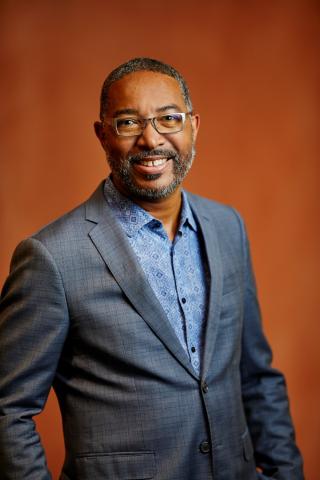Event Description
On October 31-November 1, join us for the two-day, Vulnerability, Inequality and Justice Workshop, in person at Allard Hall or virtually.
The workshop will begin with a keynote address by Professor Frank Rudy Cooper, the William S. Boyd Professor of Law at the University of Nevada. The keynote will take place on Friday, October 31 from 12:30-2:00pm at Allard Hall in DLA Piper Hall, Room 104 or virtually. Keynote address is open to the public. Full workshop is only open to faculty, students and by invitation.
Building on a successful panel at the Canadian Association of Law Teachers Annual Conference in Saskatoon in June 2025, this Workshop brings together scholars from across Canada to critically engage with the concept of vulnerability in different areas of law and its role in the equality and justice project, and to explore new approaches to theorizing vulnerability in the context of marginality.
Vulnerability is often used as a means of classifying deserving groups for the allocation of scarce resources, for example, legal aid to address issues of access to justice and financial education, but too often the term is not clearly defined. Vulnerability as a designation can also serve to reinforce negative stereotypes. Martha Fineman’s conception of vulnerability as “universal” may be useful in combatting stereotypes and in arguing for state intervention, but it is also contradicted by evidence of differential impact, historical marginalization, and intergenerational inequality. For these reasons, Vulnerability Theory, as formulated by Fineman, can obscure the work—imperfect as it may be—done so far in equality jurisprudence. In terms of the application of Vulnerability Theory to “concrete legal issues facing contemporary society,” this Workshop will examine the use of vulnerability in a wide range of areas of law and policy, including access to justice, global health, gender equality, gender-based violence, immigration, elder abuse, financial consumer protection, and the regulation of artificial intelligence, among others.
This workshop is organized by Dr. Irehobhude O. Iyioha (Allard School of Law), in collaboration with Dr. Uche Ngwaba (Lincoln Alexander School of Law) and Gail Henderson (Queen’s Law).
Keynote Speaker
- Allard School of Law
- Research
- General Public
- All Students
- Alumni
- Faculty
- Graduate Students
- JD
- Staff
- Research Talks

